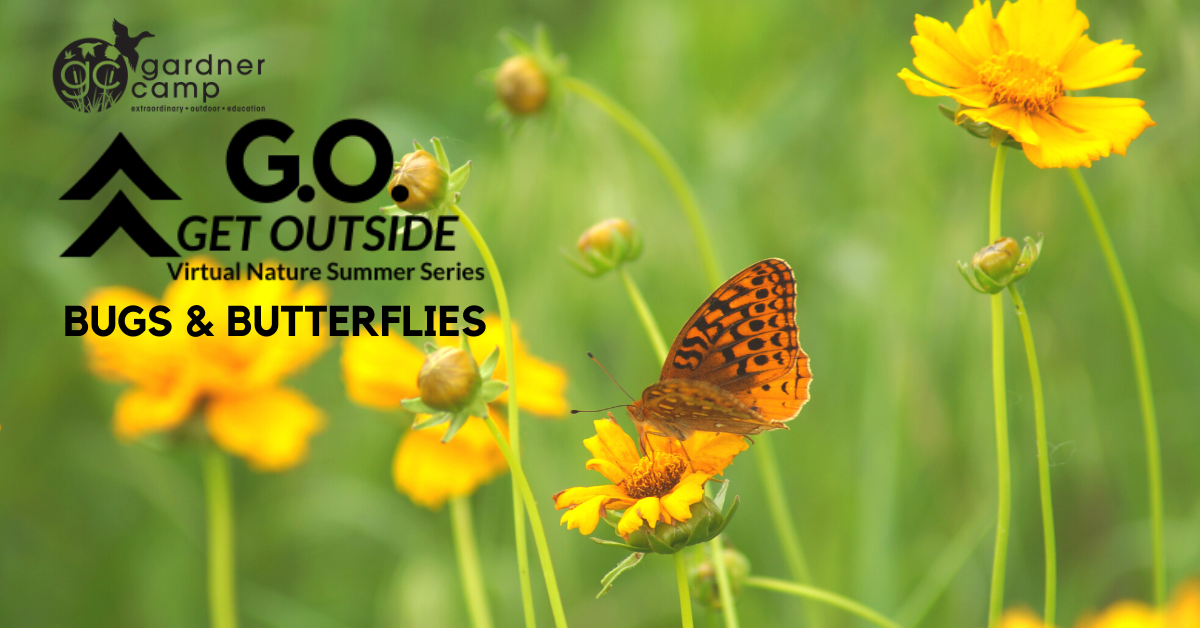Local Science. Online Learning.
To assist and support the virtual learning needs of teachers and families, Gardner Camp has developed self-directed, online science activities for your classroom to learn about the great outdoors. Created locally, these free lessons focus on habitats and wildlife in western Illinois and northeast Missouri. Although it may be challenging to get outside at this time, these modules allow students to learn about nature before they are able to experience it this Spring. Six virtual modules explore local topics like birds, frogs, turtles, insects, astronomy, wetlands, and fungi. Each online lesson will include:
- Four (4) Video Segments
- Themed Activities to do with your class following each video
- An opportunity to schedule webinars with Gardner Camp environmental educators
Most activities are geared toward grades 2nd - 7th. Morel Mushroom Madness is geared toward 4th-12th grades.
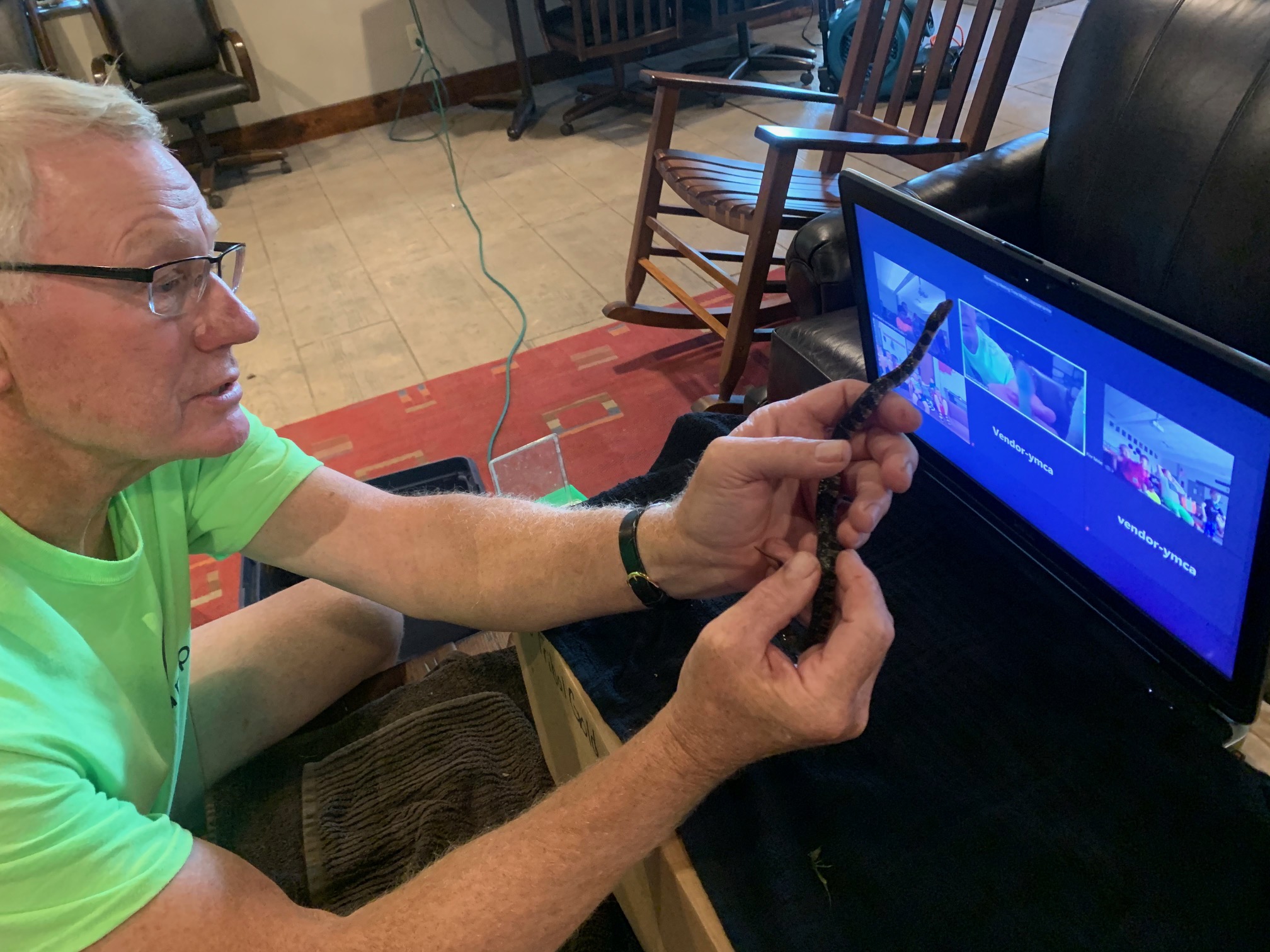
Six Modules
Morel Mushroom Madness • Water Wonders: Frog & Turtle Takeover • Wetland Adventures • Feathered Friends (Birds) • Butterflies & Bugs • Starry Nights & Nighttime Adventures (Astronomy)
Morel Mushroom Madness
grades 4-12th
Gardner Camp has developed a free, local science lesson for students in grades 4th-12th (may be adaptable for lower grades) focusing on Morel Mushroom hunting. We blended youth outdoor recreation (mushroom hunting) with phenomenon-based science content and vocabulary within this virtual mushroom hunt. Concepts include classification (Fungi kingdom), ecosystem interactions (producer/consumer/decomposer), food chains, food webs, and habitats.
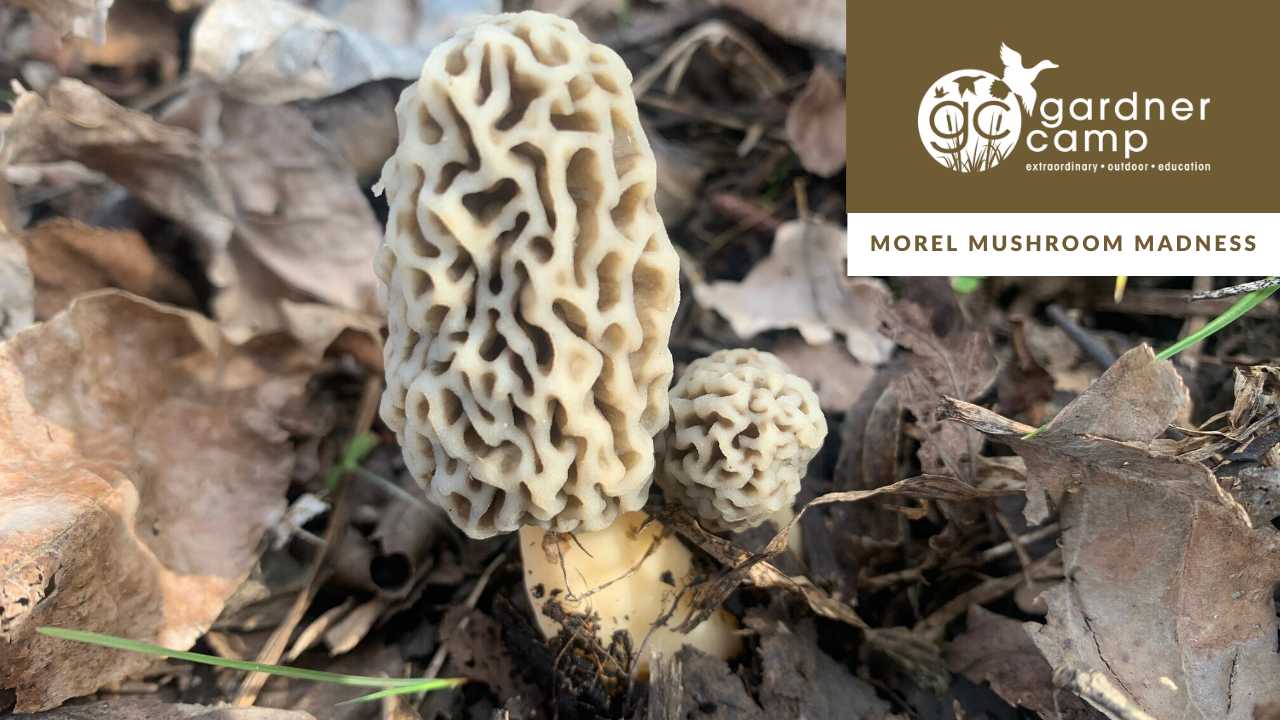
Our online Morel Mushroom Madness Lesson is a webpage you can directly send to students/families complete with:
- Instructions • Pre-lesson questions • Video lesson/mushroom hunt • Lesson worksheet • Vocabulary • Printable fungi scavenger hunt/Outdoor Challenge for students to do at home • Google quiz
The video lesson is 24 minutes in full length; however, teachers can adjust and assign segments according to students’ age and attention span.
Water Wonders: Frog & Turtle Takeover
Gardner Camp (GC) is unique in that it actively preserves its 540-acre wetland habitat – GC is home to countless aquatic animals and plants. Terrific turtles and fantastic frogs are the highlight characters within this lesson. Did you know that 11 different species of turtles can be found in our area? This lesson includes: 1) Daily videos from GC environmental educators showing you up-close, in-depth views of several species of turtles and frogs; 2) Tips on how and where to find critters on your own; and 3) Outdoor challenges to complete. Schedule a time for young scientists to meet the star reptiles from our lesson (seasonal); and Gardner Camp environmental educators will share additional facts and answer questions. Activities are geared toward grades 2nd-7th.
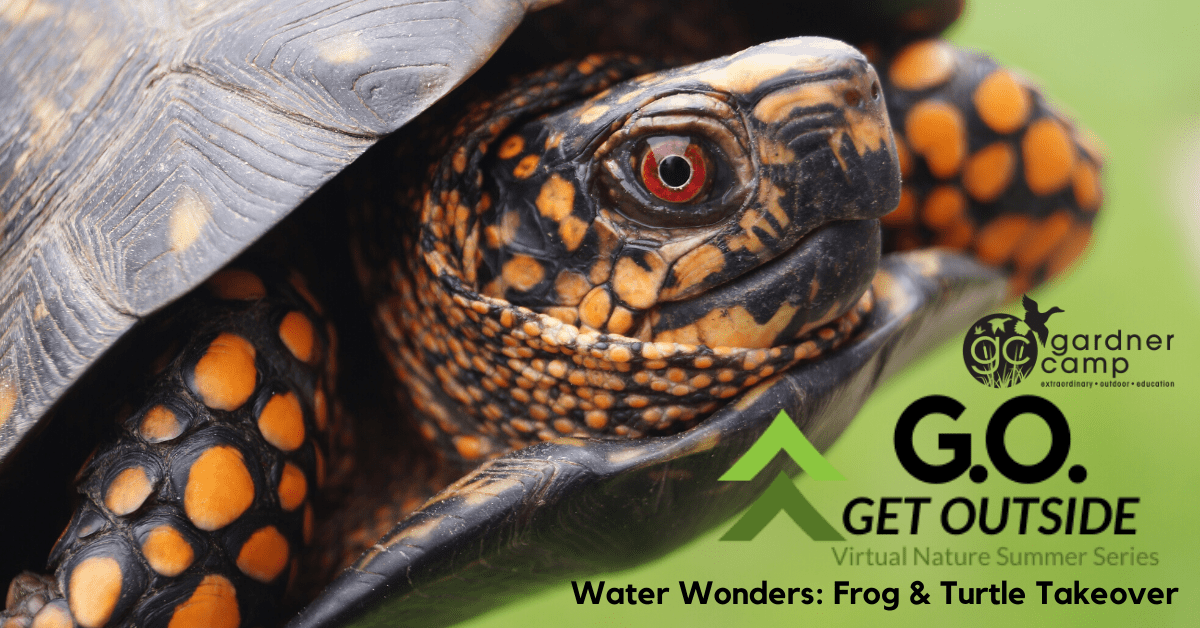
Wetland Adventures
Get outside and explore the wonder and excitement of water. Young explorers will be guided through various lessons – From simple water activities like skipping rocks and dip-netting for aquatic critters; to more adventurous water activities like kayaking. Also, in this lesson, young explorers will learn to make their own aquatic sampling equipment; and will learn how insects and crayfish in the water can tell you about the health of the aquatic habitat. Schedule a webinar for young scientists to see what is happening in the mysterious waters at Gardner Camp and talk with environmental educators who will share additional facts and answer questions (seasonal). Activities are geared toward grades 2nd-7th.
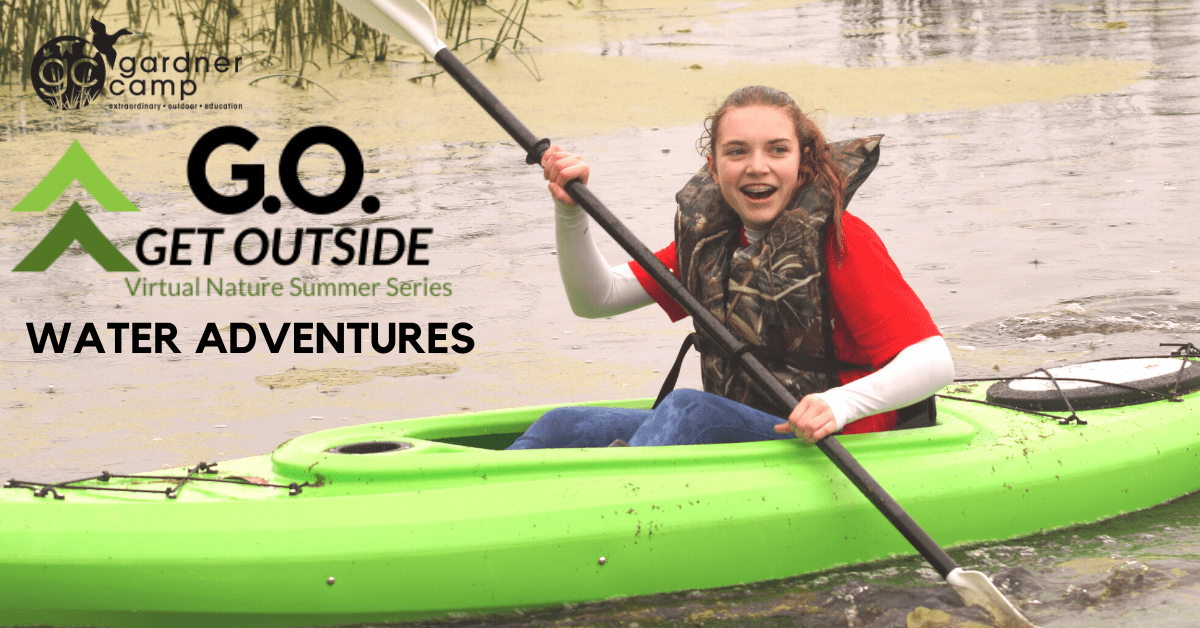
Starry Night & Nighttime Adventures
Several amazing things come out only at night. Look above you – Do you see the stars and planets sparkling in the sky? We will explore why some stars seem brighter than others and find out what constellations are above you during the night sky. Learn about the Comet NEOWISE and the telescopes we use at Gardner Camp to study planets, the Moon, and other night sky objects. Last, we will show you how outdoor adventures at night can be fun – Hint: What senses do nocturnal animals use to move around at night? Schedule a webinar for young naturalists to see what is happening in the dark skies at Gardner Camp (seasonal), and talk with environmental educators who will share additional facts and answer questions. Activities are geared toward grades 2nd-7th.
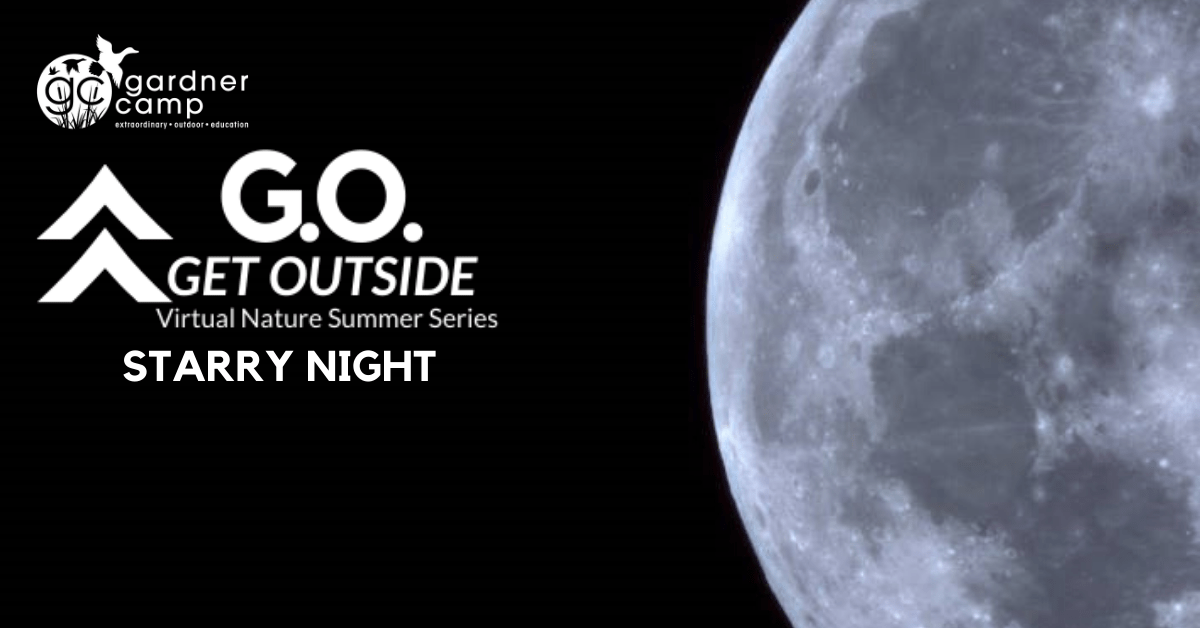
Feathered Friends
Imagine yourself flying through the trees or over the mighty Mississippi River. Imagine flying thousands of miles, from Canada to Mexico and back. During this lesson, follow along as Gardner Camp environmental educators describe the experiences of a bird’s life. Learn about birds of prey like eagles, owls and hawks; and what types of birds you may see in your own backyard. Did you know that Gardner Camp annually bands hundreds of wood ducks?... Find out why and how in this session. Additionally, in this lesson, you can learn of ways you can create habitat or help birds at your own house! Schedule a webinar for young naturalists to see what is happening with our winged friends at Gardner Camp (seasonal); and talk with environmental educators who will share additional facts and answer questions. Activities are geared toward grades 2nd-7th.
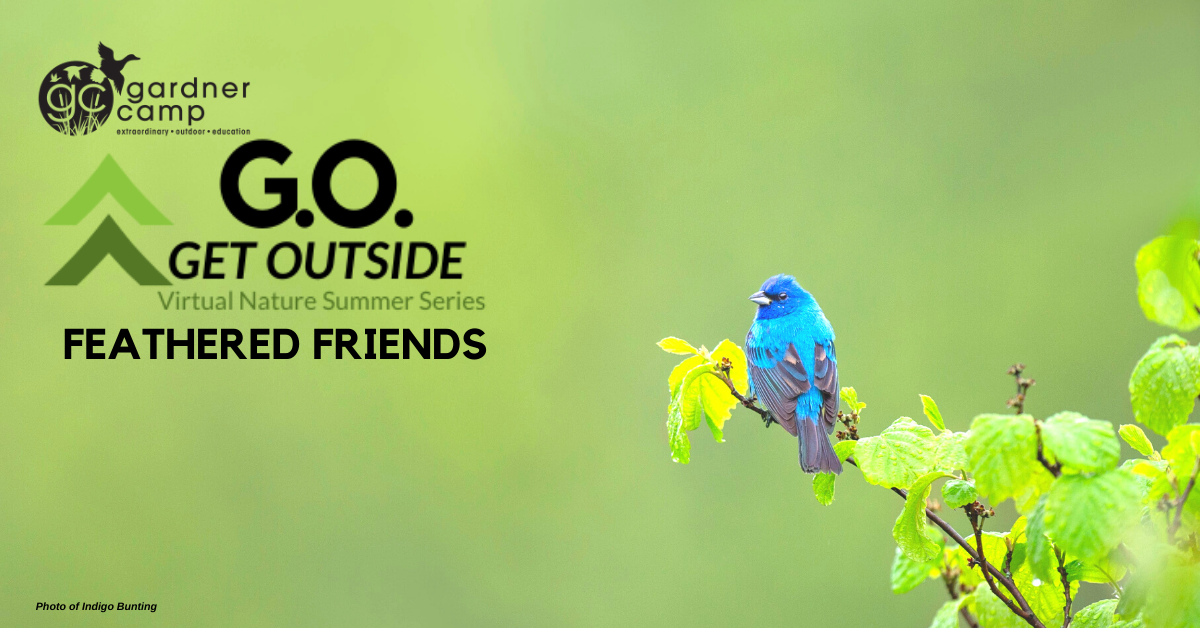
Butterflies & Bugs
Get outside and search for colorful and camouflaged butterflies and bugs. During this lesson, participants will learn about insect food sources (flowers), where they lay their eggs, and how plants and butterflies are companions. Gardner Camp environmental educators will teach you how to make insect traps and insect collection equipment – Once armed with these tools, you will be set to collect insects in your own backyard or nearby park. Participants will also be guided through the Gardner Camp prairie plot where they will learn what types of plants provide nectar sources (flowering plants) to attract more butterflies and insects. Schedule a webinar for young naturalists to see what is happening in the world of bugs at Gardner Camp (seasonal), and talk with environmental educators who will share additional facts and answer questions. Activities are geared toward grades 2nd-7th.
